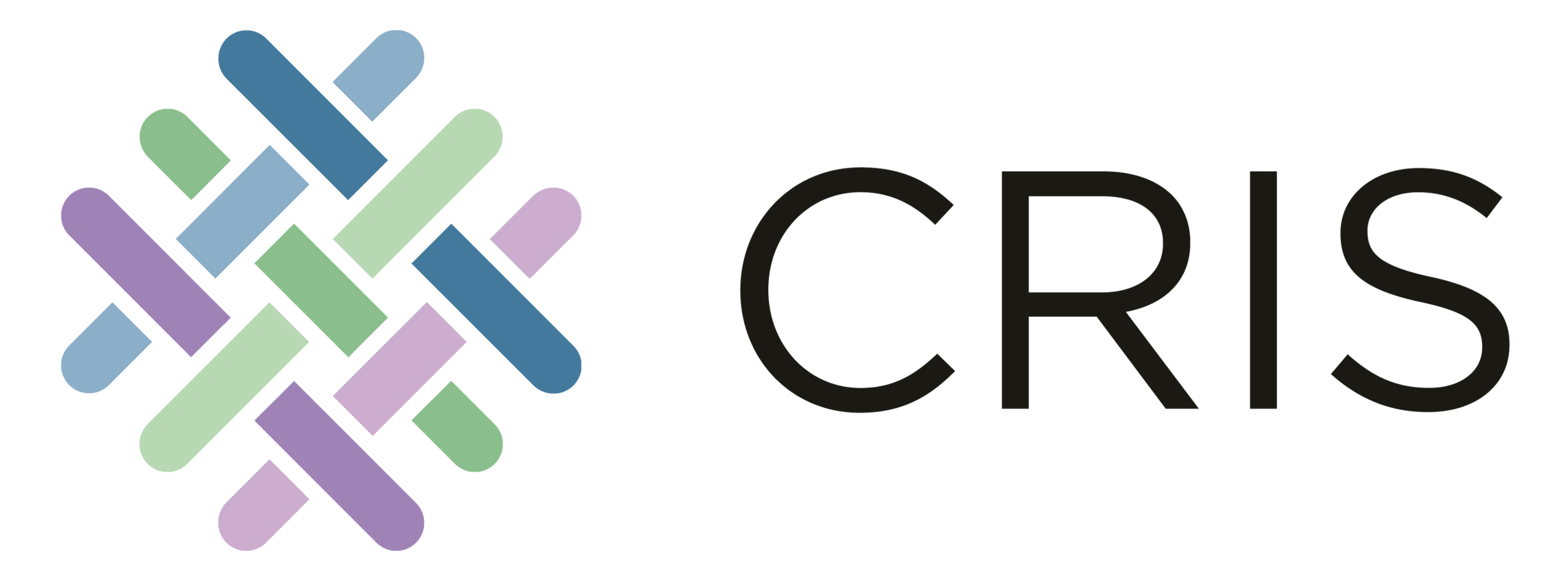Foundation Project
Foundation Project
Working with young people is the most important and effective way to understand the issues they face. In our foundation project, we are co-creating effective ways to engage with young people and make space for them to collaborate in our research. The main aims of the project were to:
Develop a solid evidence base about what issues young people are facing
Train a youth research group (Explore) and work with them on other CRIS projects
Share our experiences and knowledge with other young people and researchers
Develop inclusive, youth-centred and culturally-relevant pathways to action
Our work
Completed a comprehensive landscape review of research, program and policy on youth, diversity and social wellbeing in a digital age
Trained two cohorts of Explore youth researchers for ongoing involvement in CRIS research and programs
Led a series of capacity-building research training workshops bringing together trained youth researchers and Stream 3 researchers
Surveyed youth and adult stakeholders to identify key issues affecting young people and their communities
Led Living Labs to establish research and program priorities. These brought CALD youth, government representatives, key stakeholders and community and industry partners together and are reflected in our literature reviews (below)
Published two literature reviews on the issues that diverse young Australians are facing today
Produced two toolkits for establishing a co-research approach. The first is for young people interested in becoming youth researchers, and the second is for organisations and research teams interested in adopting a co-research approach.
Explore
A key part of the Foundation project was establishing the Explore program in collaboration with the Centre for Multicultural Youth. The program’s success means that Explore researchers are employed across all research areas of CRIS, and we have trained two cohorts of young researchers.
Youth Co-Research Toolkits
Building on our understanding and experience of co-research with young people, and in collaboration with young researchers, we developed two toolkits. One is for young people who are interested in co-research and gives them the information, advice, and tools to confidently join research teams. The other is aimed at research teams wanting to implement a co-research approach. Together these toolkits set teams up for successful co-research projects.
A co-research approach has been hugely successful here at CRIS, and we hope that our experience and findings will be useful for many other projects, organisations, and people.
This toolkit will support and guide you on the early stages of your research journey. We focus on social research (it’s what we do!) but there’s still plenty of helpful information for other areas of research. The toolkit offers support, alongside research training and professional development. The aim is that you can get involved in meaningfully shaping and conducting research that investigates some of the trickiest challenges that our society faces today.
This toolkit is designed to support and guide researchers who wish to meaningfully engage young people as co-researchers to explore and solve real-world problems, together.
The information in this toolkit mainly draws on the experiences and learnings of researchers working in the fields of social and cultural youth studies. However, you can apply the resources in diverse research settings.





